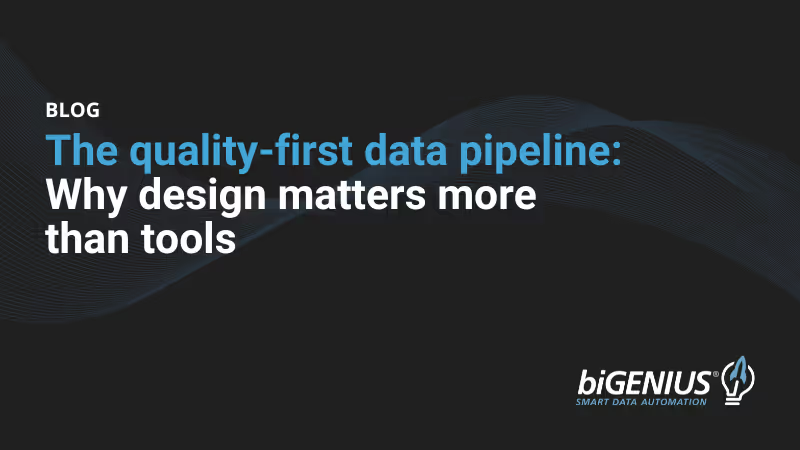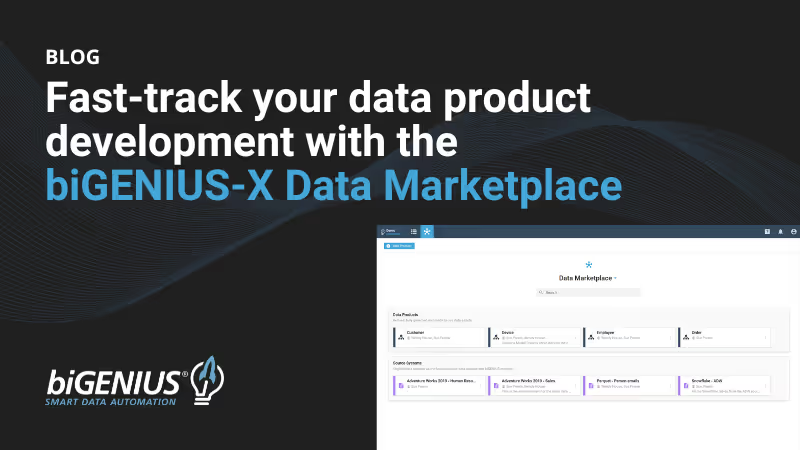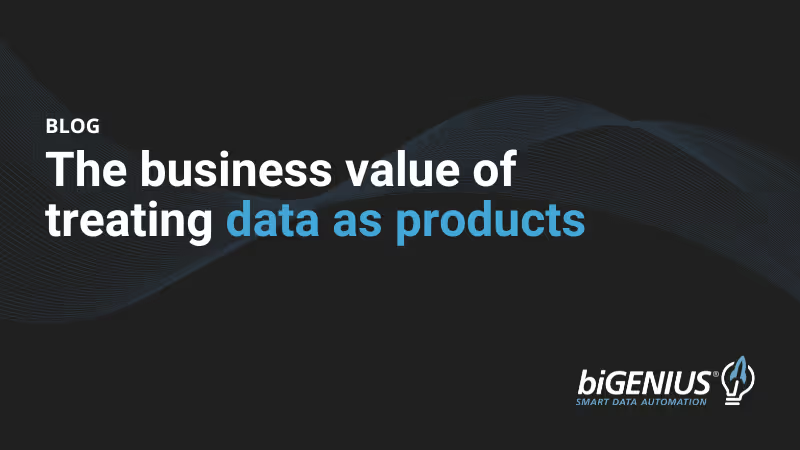SAP bleibt eine der geschäftskritischsten, zugleich aber technisch anspruchsvollsten Datenquellen in der Unternehmenslandschaft. Tief normalisierte Tabellen, heterogene Systeme, proprietäre Schnittstellen, lizenzrechtliche Einschränkungen und der laufende Übergang von SAP hin zur Business Data Cloud (BDC) führen zu einem anspruchsvollen Integrationsumfeld. Für Unternehmen mit hybriden oder Multi-Cloud-Strategien wird SAP-Integration zu einer strukturellen Herausforderung.
Das aktuelle BARC Spotlight „Do it the Data Automation Style! – SAP Data Integration in Multi-Cloud Environments“ von Analyst Timm Grosser untersucht, wie Data Automation diese Komplexität durch metadatengesteuerte Modellierung und automatische Codegenerierung reduziert. Anstatt jeden Datenfluss, jede Transformation und jede Struktur manuell zu erstellen, modellieren Data-Automation-Tools diese semantisch und generieren anschließend automatisch die technischen Artefakte – was Entwicklung beschleunigt, Fehler reduziert und Konsistenz über sämtliche Pipelines hinweg verbessert.
Warum SAP-Integration schwierig bleibt
SAP dient in den meisten großen Unternehmen weiterhin als führendes System für Finance, Supply Chain und Operations. Tief normalisierte Tabellenstrukturen erfordern spezielles SAP-Know-how, Lizenzregeln schränken die Nutzung außerhalb des SAP-Ökosystems ein, und verfügbare APIs stoßen häufig an ihre Kapazitätsgrenzen, wenn es um großvolumige Analytics-Workloads geht. Für Teams, die Data Lakehouses oder moderne Cloud-Architekturen aufbauen, wirken sich diese Faktoren direkt auf Projektlaufzeiten und den Total Cost of Ownership aus.
Warum Data Automation die Wirtschaftlichkeit der SAP-Integration verändert
Die manuelle Entwicklung von SAP-Datenpipelines führt zu langen Lieferzyklen, hohem Wartungsaufwand und Abhängigkeit von knappen Fachkräften. Data Automation verfolgt einen anderen Ansatz: Durch metadatengesteuerte Modellierung und automatische Codegenerierung werden wiederkehrende, fehleranfällige Aufgaben erheblich reduziert.
Die BARC-Analyse erklärt, wie Data Automation diese Herausforderungen adressiert, indem technische Objekte automatisch generiert werden – anstatt jeden Datenfluss, jede Transformation und jede Struktur manuell zu entwickeln. Das verkürzt Entwicklungszeiten, minimiert Fehler und verbessert die Konsistenz der gesamten Pipeline.
Für Teams, die ihre Strategie evaluieren, bietet das Dokument eine wichtige Grundlage für die Erstellung eines belastbaren Business Case.
Laden Sie unten Ihr Exemplar herunter.
Wie biGENIUS-X Multi-Cloud-SAP-Integration unterstützt
Der Bericht beschreibt biGENIUS-X als Beispiel einer Data-Automation-Plattform, die speziell für komplexe Quellsysteme wie SAP entwickelt wurde. Er zeigt, wie die Anwendung die semantische Modellierung von SAP-Strukturen vereinfacht, nativen Code für verschiedene Zieltechnologien generiert und Governance über verteilte Umgebungen hinweg mit dem zentralen Data Marketplace unterstützt.
Zu den hervorgehobenen Funktionen gehören KI-gestützte Übersetzungen technischer SAP-Felder in verständliche Business-Begriffe, automatisierte Transformationserstellung sowie integrierte Lineage- und Dokumentationsfunktionen. Der Bericht erläutert zudem, wie biGENIUS-X SAP- und Non-SAP-Systeme zu einheitlichen Datenprodukten für Analytics, Planung und KI zusammenführt.
Der Bericht als Grundlage für Ihre nächsten Schritte
Das BARC Spotlight liefert Ihnen die Analyse, die Sie benötigen, um:
- Ihren aktuellen SAP-Integrationsansatz zu bewerten: Prüfen Sie, ob er die heutigen Analytics-Anforderungen erfüllt
- Datenprodukte flexibel bereitzustellen: Erfahren Sie, wie SAP-Datenprodukte einmalig modelliert und flexibel in Databricks, Snowflake, Microsoft Fabric und anderen Zielumgebungen genutzt werden können
- Einen Business Case zu erstellen: Entwickeln Sie eine faktenbasierte Entscheidungsgrundlage für Automatisierung
- Die Rolle der SAP Business Data Cloud zu verstehen: Stellen Sie fest, welchen Platz sie in Ihrer Integrationsstrategie einnimmt – und wo ihre Grenzen liegen
Für Unternehmen, die 2026 grundlegende Entscheidungen zur SAP-Datenintegration treffen müssen, bietet dieser Bericht eine unabhängige Einschätzung einer anerkannten Forschungsinstanz.
Den vollständigen BARC Spotlight herunterladen
Greifen Sie auf das vollständige BARC Spotlight “Do it the Data Automation Style! – SAP Data Integration in Multi-Cloud Environments” zu.






